Orchestra provided an evening of joy and wonder leading the audience through a soundscape rich in deep emotional resonance
JOHN TUCKER
The Australian Romantic & Classical Orchestra (ARCO) brought a touch of Italian Romance to the Elisabeth Murdoch Hall at the Melbourne Recital Centre on Friday night, and it was an evening of joy and wonder for all. A trio of Beethoven up front followed by Wolf and Mendelssohn after the interval performed by a rotating cast of players ably lead by the baton of Benjamin Bayl as Guest conductor. ARCO’s declared mission is to bring classical and romantic music to modern ears using historically informed style on period instruments – many of those on stage dating from the early 1700s. Of course it’s more than just the age of the instruments; ARCO presents a notably distinct sound through a dedication to research and experimentation of historical styles of playing, without being tied to an effort at reproduction of any single approach.
Australian Romantic & Classical Orchestra © Nick Gilbert
The first section of the evening was dedicated to a trio of Beethoven, kicked off by the Coriolan Overture in C minor, Op.62. Composed the year before his Fifth Symphony, this is a similarly lusty piece which injected great energy in to the evening right from the beginning. Inspired by a dramatic play of the same name written five years earlier, the overture plays with the themes of the mighty General planning war on Rome and his mother at the gates pleading with him to reconsider. The orchestra carried both parts off with great aplomb and verve, leading the audience through a soundscape rich in deep emotional resonance.
Romance for violin and orchestra No. 2 F major Op. 50 brought Rachael Beesley to the fore on solo violin where she displayed her wonderful touch and virtuosity, along with a great sense of the intricacies of the interplay between the soloist and the rest of the orchestra. The counterpoint between the lighter melodic patches and the more dynamic darker elements was a great feature of this piece, and was beautifully handled.
The final part of the Beethoven for the evening was the 12 Contredanses for Orchestra. These wonderfully light and upbeat pieces were essentially the pop music of their day, composed specifically to be danced to at one of Vienna’s winter balls. These pieces were composed shortly after the beginning of Beethoven’s deafness, which was magnificently demonstrated through a letter Beethoven wrote to his friends in 1801, explaining the dark (or were it quiet) place his emotions were travelling. Read by ARCO’s artistic director Richard Gill in between the 12 short pieces, the overall effect of the juxtaposition of the light, joyful music with the private anguish of its composer was quite amazing.
The orchestra returned after interval with what almost acted as a perfect overture for the Mendelssohn to come: Hugo Wolf’s Italian Serenade in G major for strings. Just like a feel-good comedy of the (19)90s, the serenade takes us on an ever so brief journey through an opening through of hope, a middle section which subjects our hero to just a little bit of danger, a slight hint of trouble and disquiet, before returning us to an ending of quiet success – not the carefree joy of the beginning, nor yet wisdom, but that faux-maturity we might remember from our early twenties. ARCO carried the baton with a certain impishness, a delight in the freshness and freedom of the piece and the sheer pleasure of musicianship.
The final act of the evening was Mendelssohn’s Italian Symphony, otherwise known as Symphony No. 4 in A major Op. 90. It would be fair to say that the entire audience sat as if spellbound throughout all 4 movements – or at least, I assume so, I was too spellbound to look around! This was the perfect counterpart to the Wolf – likewise lively and free, if a little more conventional, but all the richer and more complex for it. It was the perfect vehicle to display all that ARCO hopes to achieve, full of wide-ranging interplays and motifs, and with the frenetic Presto final movement allowing a full range of delicate and intricate to full-throated and lusty which really allowed the magnificent instruments and their players to shine. Then, just when it was over – a quick after-dinner mint of a snatch from ‘A midsummer night’s dream’. Because why not? A splendid way to end a wonderful evening’s entertainment. Highly recommended – get yourself along to a performance, and take your friends!
Review for:
Australian Romantic & Classical Orchestra: Italian Romance | Friday 24 March | Elisabeth Murdoch Hall Melbourne Recital Centre
- See more at: www.classikon.com


